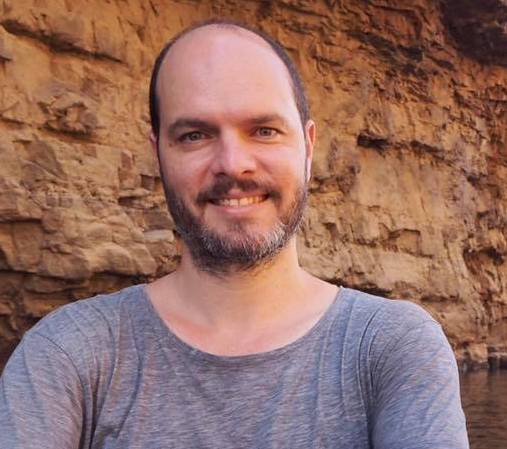As people who live in the throes of modernity, it may feel as though we are living within a haze. Like a fish in water, though, it may be hard to realise that there is a haze to begin with. After all, as the popular quote from William Gibson goes: "We can't see our culture very well, because we see with it." In Week 4 of Re/membering our Rooted Selves, we learn from Professor Yin Paradies, an animist anarchist activist Wakaya man who is committed to understanding and interrupting the devastating impacts of modern societies.
As people who live in the throes of modernity, it may feel as though we are living within a haze. Like a fish in water, though, it may be hard to realise that there is a haze to begin with. After all, as the popular quote from William Gibson goes: "We can't see our culture very well, because we see with it." In Week 4 of Re/membering our Rooted Selves, we learn from Professor Yin Paradies, an animist anarchist activist Wakaya man who is committed to understanding and interrupting the devastating impacts of modern societies.
In this session, he teaches us how to wayfind within the haze, drawing from deep listening, a practice from within Aboriginal cultures in Australia, and tells us about some guidelines we may find useful in our journeys—including relational autonomy, singularity with context sensitivity, and blurring of the literal and metaphorical.

Professor Yin Paradies
taught by Professor Yin Paradies